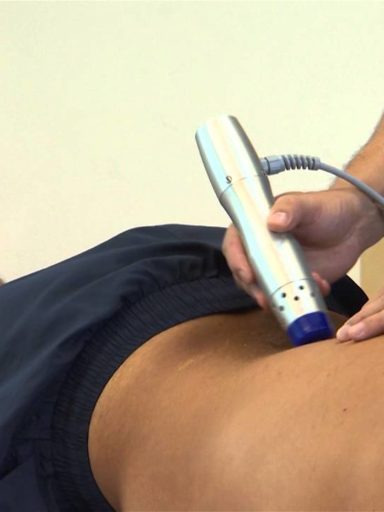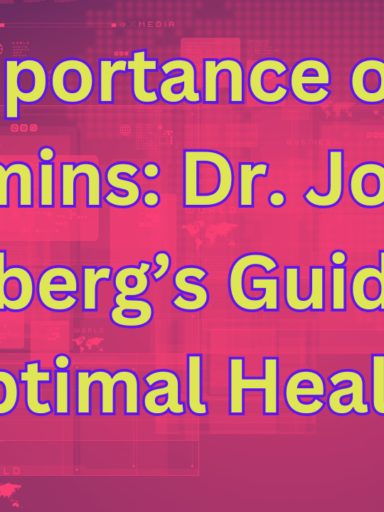Patient care is more than just diagnosing and treating illnesses—it’s about building trust, creating connections, and engaging patients in their own care. For Eileen Filliben, a healthcare advocate and educator, the key to achieving these goals lies in empowering providers through innovative and interactive workshops. “Providers want to make a difference, but systemic pressures often prevent them from connecting with their patients,” she explains. “Workshops provide a space to address these challenges and reignite their passion for patient care.”
Through tailored sessions, she equips doctors, nurses, and other providers with tools to improve communication, reduce burnout, and deliver compassionate, human-centered care. This article explores how her interactive approach is transforming patient care and creating a ripple effect across the healthcare system.
The Need for Innovation in Provider Training
Modern healthcare is often criticized for its impersonal nature, where time constraints and administrative burdens leave little room for genuine patient-provider connections. Providers face immense pressure to manage heavy caseloads while adhering to strict policies, often at the expense of their connection with patients. These challenges have contributed to an epidemic of burnout among healthcare professionals, further straining their ability to deliver quality care.
Filliben believes the solution starts with training that goes beyond clinical knowledge. “Healthcare providers are incredibly knowledgeable, but they rarely have the chance to hone the softer skills that really help them connect with patients,” she says. “Workshops offer an opportunity to talk through the enormous pressures they’re facing, reconnect with why they went into medicine in the first place, and learn additional soft skills to build trust and improve their connections with patients.”
Filliben likes to incorporate discussions about the headwinds facing healthcare, from insurance bureaucracy to communication breakdowns to stress management. By incorporating real-world scenarios and patient stories, these workshops create an immersive learning environment that encourages providers to see through the lens of their patients. “The goal is to help providers feel more confident, connected, and equipped to handle the human side of medicine,” she explains.
Interactive Workshops: A Hands-On Approach
What sets these workshops apart is their interactive nature. Rather than relying on lectures or generic training modules, Filliben’s sessions engage participants through experiential training, group discussions, and case studies. Providers are encouraged to share their experiences and explore practical solutions to common challenges.
One of the most impactful aspects of the workshops is the use of patient stories. Drawing from her own experiences as a patient and the stories of other patients, Filliben illustrates both positive and negative examples of care, highlighting what works and what doesn’t. “Hearing a patient’s perspective can be eye-opening for providers,” she says. “While an encounter may only be 10 minutes out of the practitioner’s very busy week, that interaction can have long lasting impact on the patient. Words and actions matter.”
The workshops also focus on actionable strategies to enhance communication and empathy. Providers practice techniques such as active listening, delivering difficult news with compassion, and building rapport with patients in time-limited appointments. By simulating real-world scenarios, participants gain confidence in their ability to navigate complex interactions.
Additionally, these sessions address provider well-being, emphasizing the importance of self-care and stress management. “You can’t pour from an empty cup,” Filliben reminds participants. “When providers take care of themselves, they’re better equipped to care for their patients.”
The Impact on Patient Care
The ripple effect of these workshops is undeniable. Providers who attend leave with a renewed sense of purpose and practical tools to improve their daily interactions with patients. Many report feeling more confident in their communication skills and better equipped to handle the emotional demands of their work.
Filliben emphasizes that even small changes can have a big impact. For example, actions as simple as making eye contact, sitting next to a patient instead of standing above, and playing back a patient’s concerns can transform the care experience. “Patients want to feel seen and heard,” she explains. “When providers make that effort, it strengthens trust and builds better connections. When patients feel more involved in the decision making around their care, they’re more likely to ask questions, follow instructions, and have better outcomes.”
The workshops also address systemic issues, encouraging providers to advocate for changes within their organizations. Whether it’s pushing for more time with patients or implementing wellness initiatives for staff, these sessions inspire participants to become change agents in their workplaces..
Conclusion
Eileen Filliben’s innovative workshops are redefining what it means to deliver exceptional patient care. By focusing on communication, empathy, and provider well-being, she is equipping healthcare professionals with the tools they need to navigate the complexities of modern medicine. Her interactive approach not only benefits providers but also creates a positive ripple effect for patients and the broader healthcare system.
“Patient care isn’t just about fixing problems—it’s about building relationships and restoring hope,” Filliben concludes. Through her workshops, she is transforming patient care, one provider at a time, and paving the way for a healthcare system that prioritizes connection, compassion, and humanity.



